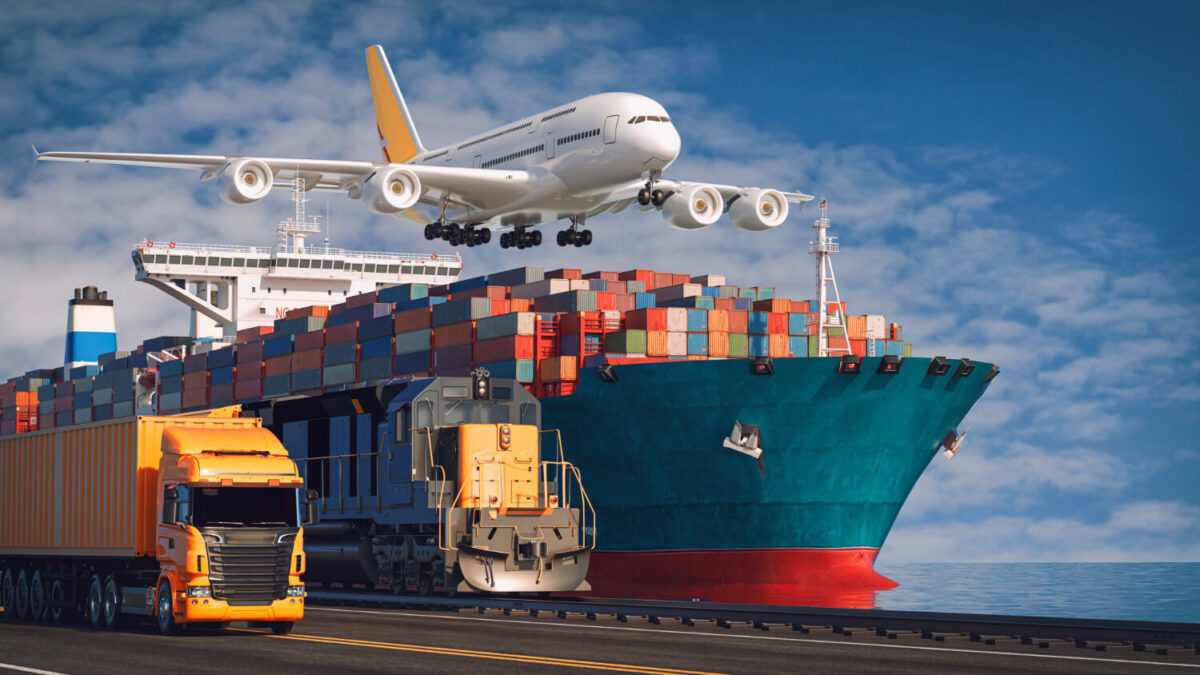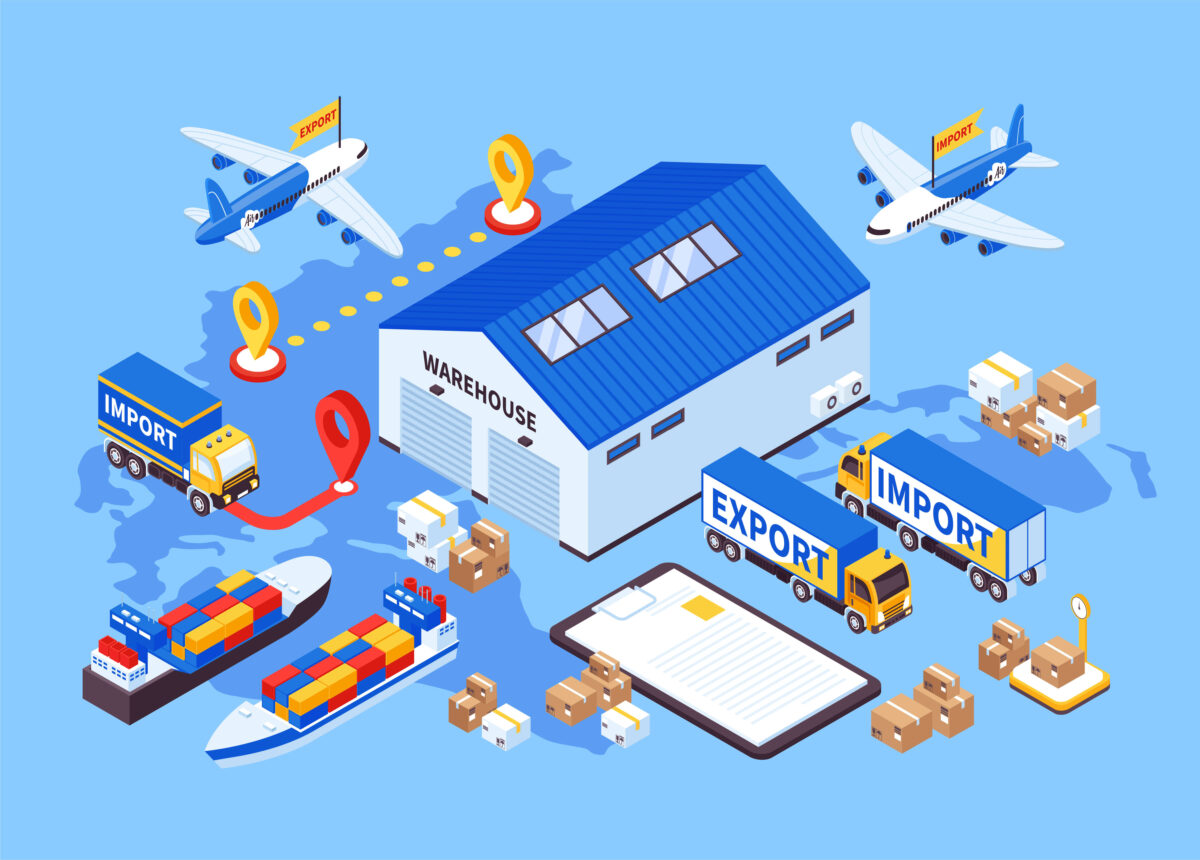
Understanding INCOTERMS 2020 is key to navigating international trade. These terms, established by the International Chamber of Commerce (ICC), define the responsibilities, risks, and costs between buyers and sellers in global transactions. Updated every decade, the 2020 edition reflects modern trade practices, helping businesses minimize misunderstandings and manage risks efficiently. In this guide, we’ll explore what INCOTERMS are, why they matter, and how they simplify global commerce.
What are INCOTERMS
What are INCOTERMS? The answer is, Incoterms, or International Commercial Terms, are a series of standard commercial terms widely used in international trade. They define the responsibilities, costs, and risks associated with the delivery of goods between a seller and a buyer. These terms are published by the International Chamber of Commerce (ICC) and are updated every ten years to reflect changes in global trade practices.
Why are INCOTERMS important
Why are INCOTERMS important? It is because INCOTERMS play a crucial role in international trade by
Clarifying responsibilities
Clarifying responsibilities. They clearly outline the obligations of both the seller and the buyer, preventing misunderstandings and disputes.
Managing risks
Managing risks By specifying who bears the risk of loss or damage to the goods during transportation, INCOTERMS help mitigate potential financial losses.
Facilitating international trade
Facilitating international trade. The use of standardized terms simplifies the negotiation and drafting of international contracts, promoting efficient trade.
INCOTERM 2020 Key Changes
For the INCOTERM 2020 Key Changes, the 2020 edition of INCOTERMS introduced several significant changes aimed at modernizing the terms and addressing the evolving needs of global trade. Some of the key changes include
Clarification of insurance obligations
Clarification of insurance obligations. The terms now provide clearer guidance on insurance coverage, including the minimum level of insurance required for certain INCOTERMS.
Updated security requirements
Updated security requirements. The terms address the increasing importance of security in international trade, with specific provisions related to security-related costs and responsibilities.
Revision of delivery points
Revision of delivery points. The delivery points for certain INCOTERMS have been revised to reflect changes in transportation practices and the growing use of multimodal transport.

Commonly Used INCOTERMS
Here are some of the most commonly used INCOTERMS:
EXW (Ex-Works)
EXW (Ex-Works). The seller delivers the goods at their premises, and the buyer is responsible for all transportation costs and risks from that point onward.
FCA (Free Carrier)
FCA (Free Carrier). The seller delivers the goods to a named carrier at a specified place. The buyer is responsible for transportation costs and risks from that point onward.
FOB (Free On Board)
FOB (Free On Board). The seller delivers the goods on board a named vessel at a specified port. The buyer is responsible for transportation costs and risks from that point onward.
CIF (Cost, Insurance, and Freight)
IF (Cost, Insurance, and Freight). The seller delivers the goods on board a named vessel at a specified port, pays the freight charges, and procures insurance on behalf of the buyer.
DAP (Delivered at Place)
DAP (Delivered at Place). The seller delivers the goods to a named place of destination, cleared for import, but not unloaded from the arriving means of transport.
DDP (Delivered Duty Paid)
DDP (Delivered Duty Paid). The seller delivers the goods to a named place of destination, cleared for import, including any duties and taxes.

Choosing the Right INCOTERM
Choosing the right INCOTERM is a critical decision in international trade that can significantly impact the cost, risk, and efficiency of a transaction. The selection of the most appropriate INCOTERM depends on several important factors that both the buyer and seller need to carefully consider before finalizing the terms of their agreement. Here are some key aspects to keep in mind when deciding on the right INCOTERM for your transaction:
The nature of the goods
The nature of the goods. The type, value, and fragility of the goods will influence the choice of INCOTERM.
The mode of transportation
The mode of transportation. The chosen INCOTERM should align with the planned mode of transportation (e.g., sea freight, air, road, rail).
The buyer's and seller's preferences
The buyer’s and seller’s preferences. The parties’ risk tolerance, financial capabilities, and contractual arrangements will also play a role in the decision.
Conclusion
Understanding INCOTERMS is vital for anyone involved in international trade, including freight forwarder, as these standardized terms clearly define the responsibilities, costs, and risks between buyers and sellers. By using INCOTERMS, businesses can minimize misunderstandings, manage risks more effectively, and ensure smoother transactions across borders. The 2020 edition reflects the latest changes in global trade, addressing modern needs like updated insurance obligations and security requirements. This helps companies stay aligned with current practices while simplifying negotiations and reducing the potential for disputes in international commerce.

ผู้ให้บริการขนส่งสินค้าระหว่างประเทศ (Freight Forwarder) ชั้นนำของไทย ด้วยประสบการณ์ยาวนานตั้งแต่ปี 2014 มากกว่า 12 ปีและได้รับการรับรองมาตรฐาน ISO 9001:2015 เราเชี่ยวชาญด้านโลจิสติกส์ครบวงจร มุ่งมั่นให้บริการที่รวดเร็ว ปลอดภัย และตอบโจทย์ทุกความต้องการของธุรกิจคุณ
